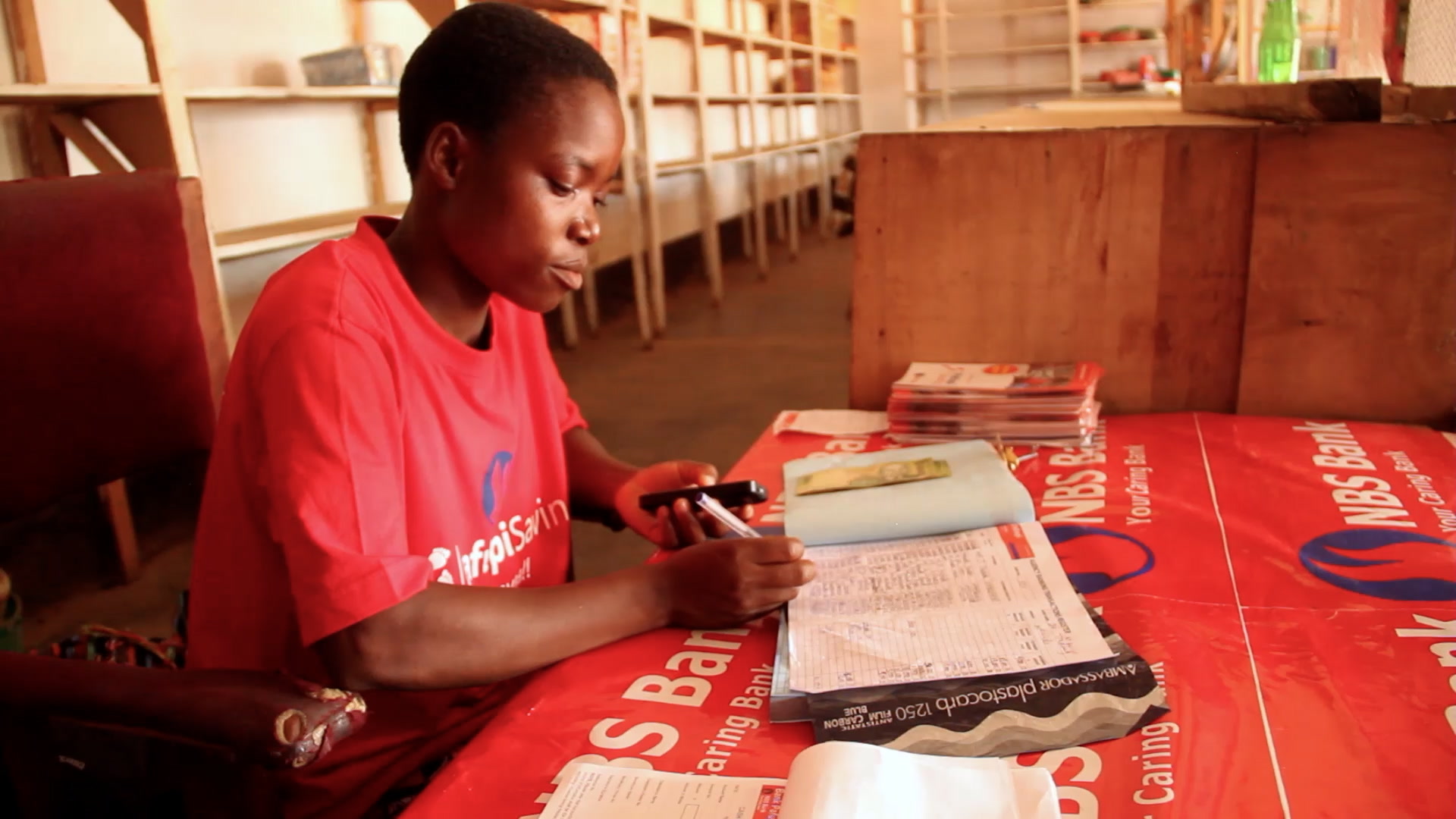Why global recession hits children hardest


Get involved with our crowdsourced digital platform to deliver impact at scale
Stay up to date:
Banking and Capital Markets
Children have suffered the most as the effects of the global financial crisis have been felt in the Western world, a report from children’s charity UNICEF has found. And it is children that will suffer the longest as a result of the financial crisis, the charity adds.
In this latest update to its Innocenti Report Card series, UNICEF charts the correlation between financial trouble in industrialised countries since 2008 and the decline in well-being among children. The recession has been a “great leap backwards” for young citizens, it finds. Out of 42 countries covered in the charity’s latest report, 23 have seen a rise in the number of children living in households with incomes below the poverty line since 2008.
It also notes that child poverty has fallen in 18 others – including Chile, Australia and Poland – so the situation is “by no means inevitable”. Some have managed to tackle the problem while others, including the UK and 18 US states, have failed. In the European Union, 7.5m young people counted as not being in education, work or training in 2013, which is an increase nearly a million on 2008 figures.
A generation robbed
One of UNICEF’s most striking findings is the contrast between what has happened to children and what has happened to the elderly as the recession bites. The child poverty rate has improved relative to the pensioner poverty rate in only three countries – Poland, Switzerland and Germany. In all other countries children have lost ground to pensioners.

Difference in changes in poverty rates of pensioners and children under 18 2008-2012 anchored threshold.
In the UK, the coalition government has sought to protect pensioners with policies to protect the state pension. Child benefit, on the other hand, has been frozen and many other benefits and tax breaks that would normally support them have increased by much less than the rate of inflation since 2010. Even the UK government’s own figures reveal that child poverty rate has risen since 2008.
We can see that the percentage of children living in households with less than 60 per cent of the 2010-11 median household income held constant in real terms. The child poverty rate using this measure has risen by 3 percentage points after housing costs but fallen by one percentage point before housing costs between 2008-09 and 2012

Percentage of children living in households with less than 60% of 2010/11 median household income held constant in real terms, United Kingdom. DWP (2014)
UNICEF estimates that the UK has lost six years of progress in child poverty reduction as a result of the recession and the austerity measures introduced in response. It may end up being much more. Average incomes continue to fall, which means that child poverty in relation to income has not yet begun to rise. But the Institute for Fiscal Studies has predicted that relative income poverty will increase when we compare 2015-16 figures to 2011-12. An estimated 600,000 more children will be living in poverty before housing costs are taken into account and another 600,000 after housing costs.
Relative income poverty is expected to continue to rise in the years until 2020 if benefit rates continue to be tied to the rate of inflation at the same levels. This will effectively sweep away all the gains made in child poverty reduction between 1999 and 2010. As the Social Mobility and Child Poverty Commission pointed out in its most recent report, the UK needs to reset its child poverty ambitions.
The government’s austerity drive is still only half realised and harsher cuts are still to come. It has long been clear that clear objectives and a new time scale are needed but the UNICEF report should really hammer that message home. Children should not be left to suffer the consequences of the financial crisis.
Published in collaboration with The Conversation
Author: Jonathan Bradshaw is Professor of Social Policy, University of Durham.
Image: Children play inside the Khazer refugee camp. REUTERS
Don't miss any update on this topic
Create a free account and access your personalized content collection with our latest publications and analyses.
License and Republishing
World Economic Forum articles may be republished in accordance with the Creative Commons Attribution-NonCommercial-NoDerivatives 4.0 International Public License, and in accordance with our Terms of Use.
The views expressed in this article are those of the author alone and not the World Economic Forum.
Related topics:
The Agenda Weekly
A weekly update of the most important issues driving the global agenda
You can unsubscribe at any time using the link in our emails. For more details, review our privacy policy.
More on Banking and Capital MarketsSee all
Efrem Garlando
April 16, 2024
John Hope Bryant
April 11, 2024
Alexandre Raffoul and Kai Keller
April 10, 2024
Alex Edmans
April 4, 2024
Victoria Masterson
March 28, 2024






